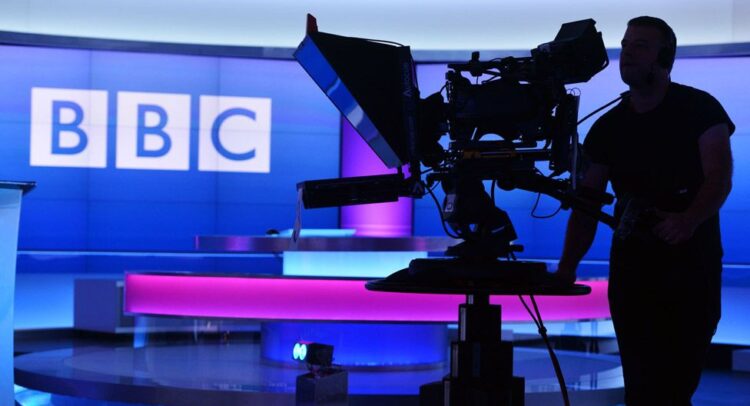-
Published1 hour ago
The BBC’s director general Tim Davie has announced that the corporation will explore licence fee reform.
In a speech on Tuesday, Davie said “it is right to ask fundamental questions about its longevity”.
But he also criticised cuts to the BBC in real terms in recent years.
“To strip money from the BBC during this period has been particularly short-sighted” after “below inflationary settlements have chipped away at our income over many years.”
Davie also announced that a further £200m of savings would need to be made.
The BBC is already having to make £500m of annual savings due to the two-year freeze of the licence fee and the impact of inflation.
There is however an inflation-linked agreement until the end of the current BBC Charter, which ends on 31 December 2027. It sets out the arrangements for the governance of the BBC.
Davie also said that he will be discussing “a long-term funding solution” for the World Service that “comes from central government budgets”.
“We cannot keep asking UK licence fee payers to invest in it when we face cuts to UK services,” he said.
Davie confirmed that the BBC will “proactively research how to reform the licence fee post-2028”, looking at its scope, how progressive it is and its enforcement.
The licence fee will be up for renewal in 2027 when the BBC charter comes to an end.
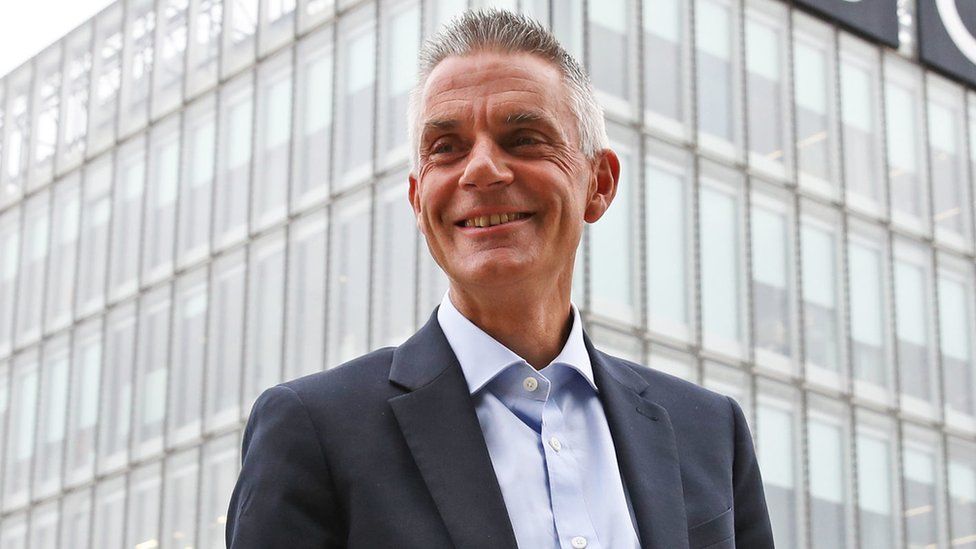
Last week the government announced an expert panel who will advise it on how the BBC should be funded after the charter.
Davie said next year the broadcaster will “open up our biggest-ever consultation process so the public can inform and drive the debate on the future of the BBC”.
He noted that the “market has changed hugely since the licence fee was introduced”.
Answering questions after his speech, Davie said he wants to fight for universal funding but the exact mechanism is open to the consultation.
On 1 April, the TV licence fee will rise by £10.50 to £169.50.
‘Ambitious plan’
Davie also set out an “ambitious” plan that he said focused on three roles – “pursue truth with no agenda, back British storytelling and bring people together.”
Talking about the future, Davie said the BBC will “more actively utilise commercial partners” and “continue to aggressively grow BBC Studios internationally”.
“We aim to double Studios in five years to deliver over £3.2 billion in revenues by 2027/28,” he said.
BBC Studios is the commercial arm of the BBC.
Last week, the corporation announced plans to carry adverts on its podcasts in the UK for the first time. Ads will appear on commercial platforms, but not BBC Sounds.
-
-
Published6 days ago

-
-
-
Published7 December 2023
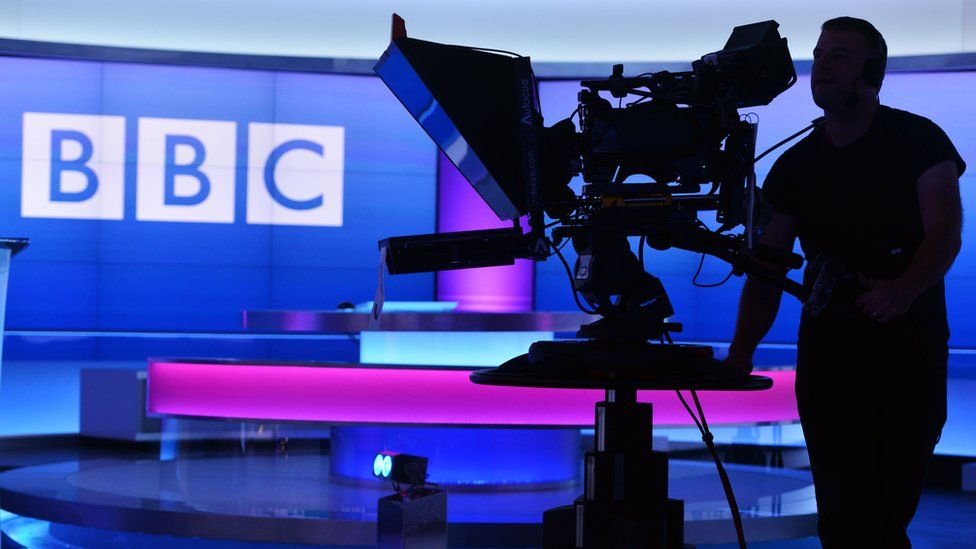
-
-
-
Published32 minutes ago
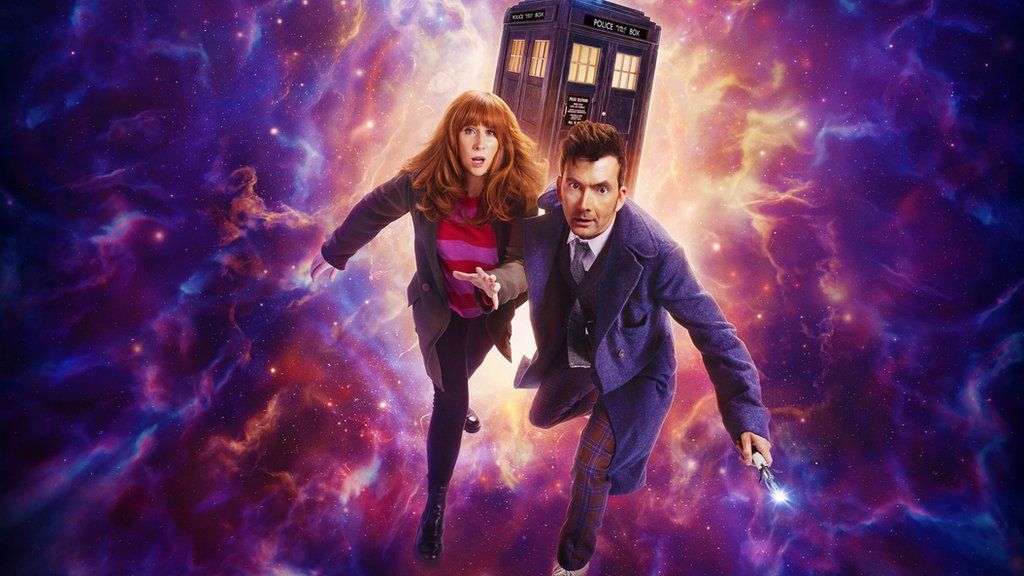
-
-
-
Published29 November 2023
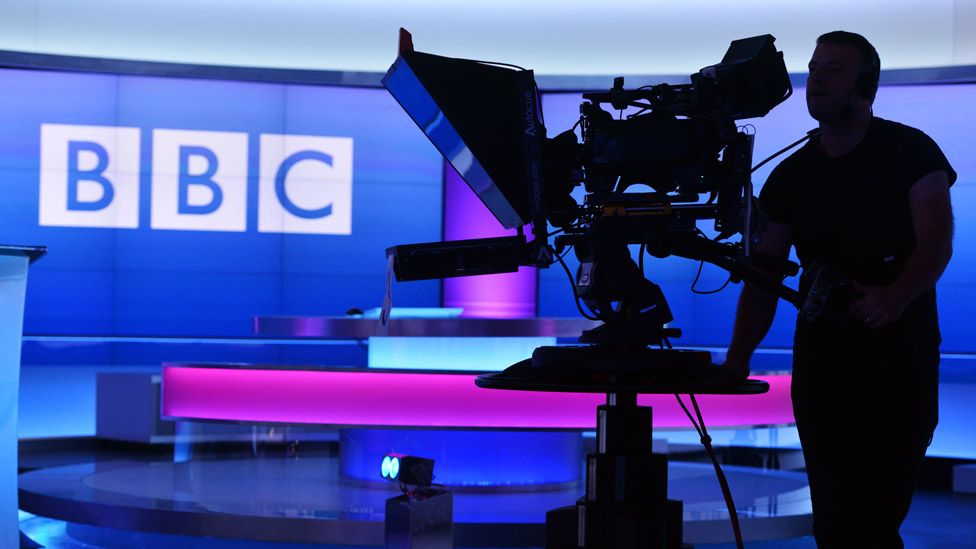
-
-
-
Published18 January 2022

-

